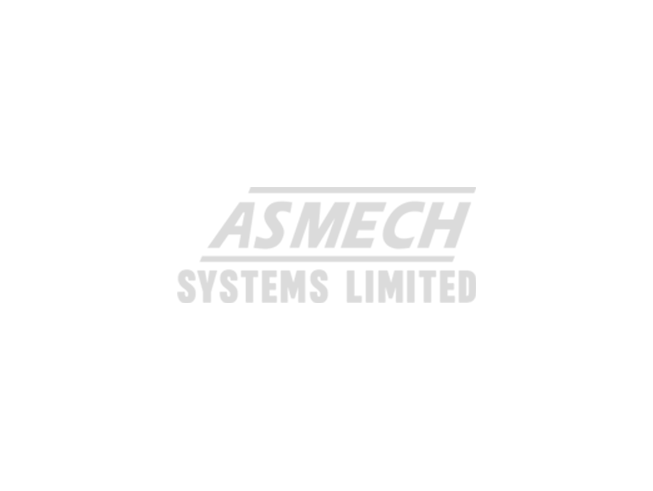The manufacturing industry is constantly evolving with new trends, driven by technological advancements, and the need for increased efficiency and flexibility. At Asmech Systems Ltd, we work with our clients to innovate the manufacturing process, enabling smoother operations and increased yields across the business.
Here are some key trends to watch out for in 2025:
1. The Rise of Industry 5.0:
· Human-centric focus: Industry 5.0 shifts the focus from purely maximising productivity to integrating human creativity and ingenuity with advanced technologies.
· Emphasis on sustainability: This era prioritises eco-friendly practices, resource conservation, and circular economy principles.
· Focus on worker well-being: Technologies will be designed to enhance worker safety, ergonomics, and job satisfaction.
2. Advanced Robotics and Automation:
· Collaborative robots (cobots): These robots are designed to work safely alongside humans, enabling more flexible and adaptable production lines.
· Artificial intelligence (AI) and machine learning: AI is being used to optimise production processes, predict maintenance needs, and improve quality control.
· Autonomous mobile robots (AMRs): These robots are increasingly used for material handling, transportation, and inventory management, improving efficiency and reducing labour costs.
3. The Internet of Things (IoT) and Industrial Internet of Things (IIoT):
· Connected devices: IoT sensors and devices are being integrated into manufacturing equipment to collect real-time data on performance, energy consumption, and maintenance needs.
· Predictive maintenance: By analysing data from connected devices, manufacturers can predict equipment failures before they occur, minimising downtime and reducing maintenance costs.
· Smart factories: IoT technology is enabling the creation of smart factories, where production processes are automated, data-driven, and highly responsive to changing demands.
4. Additive Manufacturing (3D Printing):
· On-demand production: 3D printing allows for the on-demand production of customised parts, reducing inventory costs and lead times.
· Increased material diversity: Advancements in 3D printing technology are enabling the use of a wider range of materials, expanding the applications of this technology.
· Reduced waste: 3D printing can minimise material waste by creating parts with complex geometries that would be difficult or impossible to produce using traditional methods.
5. Conveyor System Innovations:
· Modular and flexible designs: Conveyor systems are becoming increasingly modular and flexible, allowing for easy reconfiguration to accommodate changing production requirements.
· Integration with robotics and automation: Conveyor systems are being integrated with robots and automated guided vehicles (AGVs) to create more efficient and streamlined material handling processes.
· Focus on energy efficiency: New technologies are being developed to improve the energy efficiency of conveyor systems, reducing operating costs and minimising environmental impact.
6. Supply Chain Resilience:
· Diversification of supply chains: Manufacturers are diversifying their supply chains to reduce reliance on single suppliers and mitigate the risk of disruptions.
· Increased use of regional sourcing: There is a growing trend towards regional sourcing to shorten supply chains and reduce transportation costs and environmental impact.
· Digital supply chain management: Digital technologies are being used to improve the visibility and transparency of supply chains, enabling faster response times to disruptions.
Conclusion:
These trends are shaping the future of the manufacturing industry, driving increased efficiency, flexibility, and sustainability. By embracing these innovations, manufacturers can gain a competitive advantage and thrive in the years to come.
For help and support in accessing up to date conveyor systems and many other products and services please contact us today on 01623 424 442 or sales@asmechsystems.co.uk









